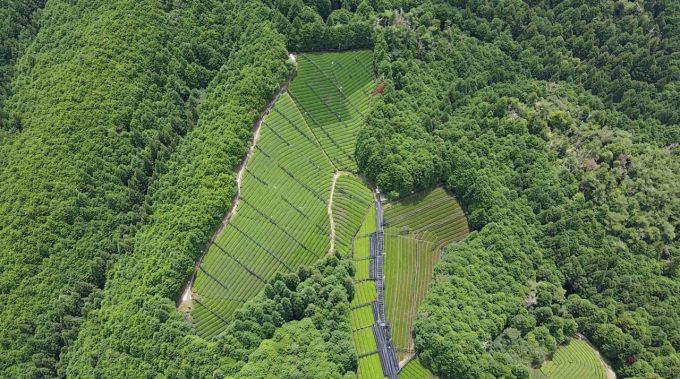Akihiro Kita, the President of Obubu Chaen, has been a tea farmer and processor for about 25 years including his training period.
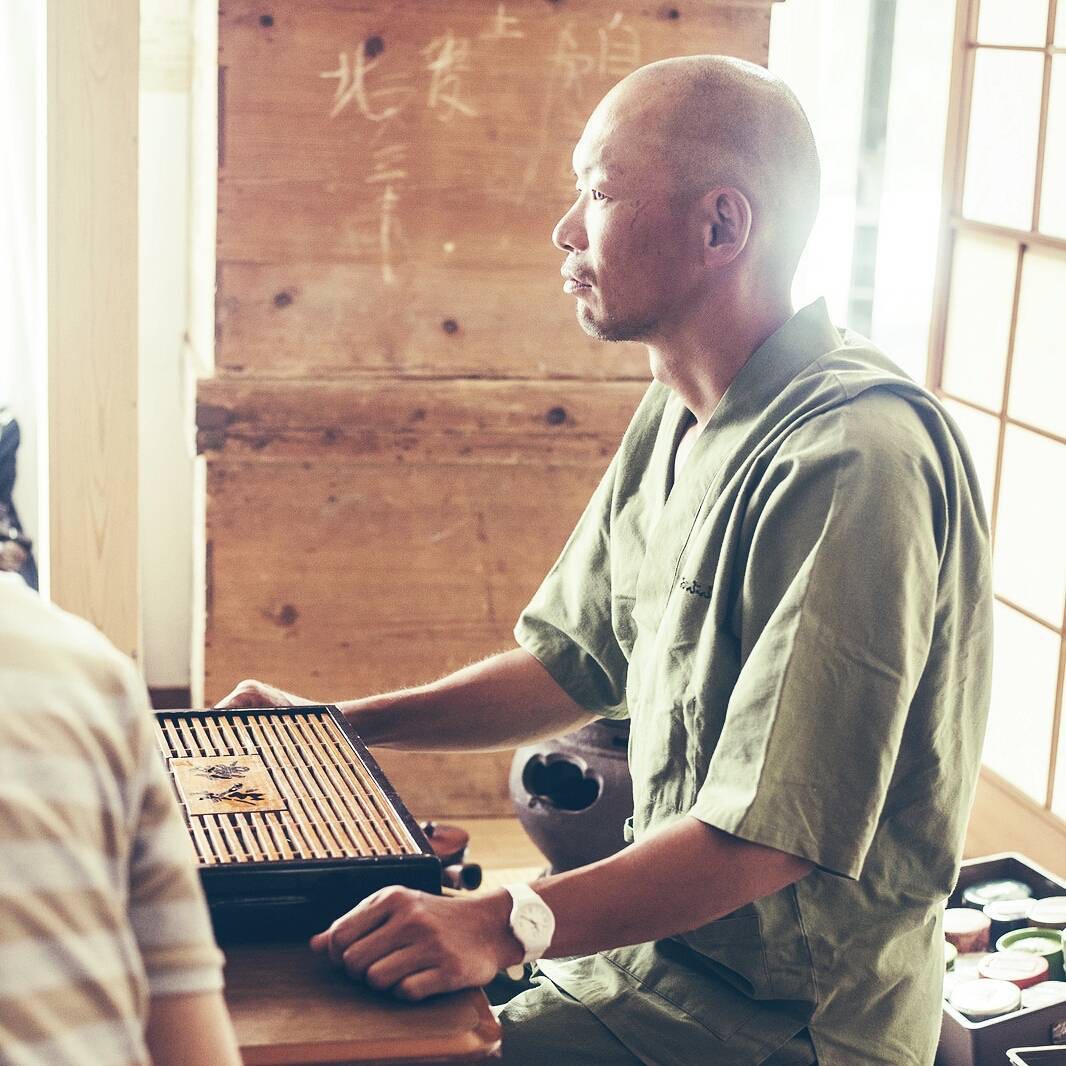
From the emotional encounter with a cup of Kabuse Sencha Tea by experiencing a part-time job at a tea farm in Wazuka,
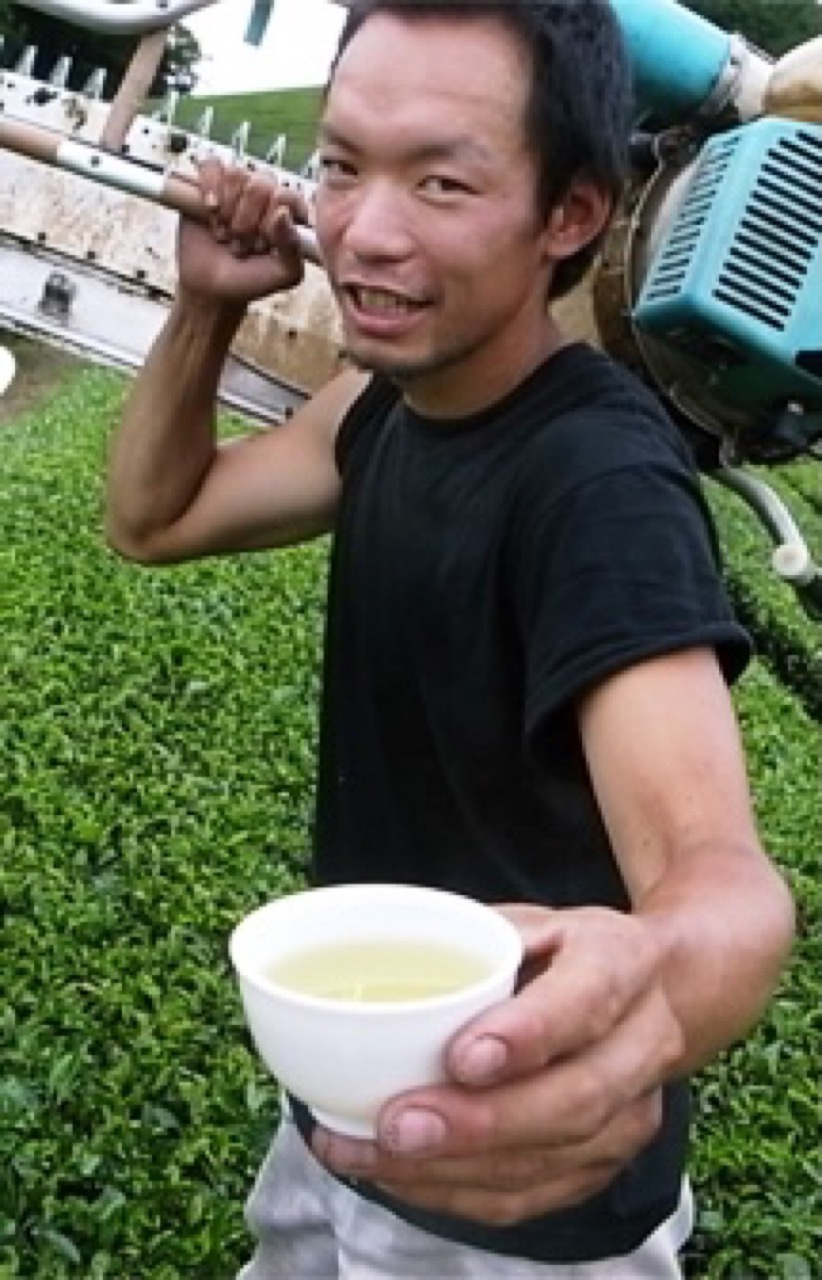
Akky 16 years ago?!
He dropped out of the university and received tea industry training at the Tea Research Institute of Agriculture and Forestry Center, Kyoto Prefectural Agriculture, Forestry and Fisheries Technology Center to acquire skills as a leader in tea industry management.http://www.pref.kyoto.jp/chaken/kensyusei.html
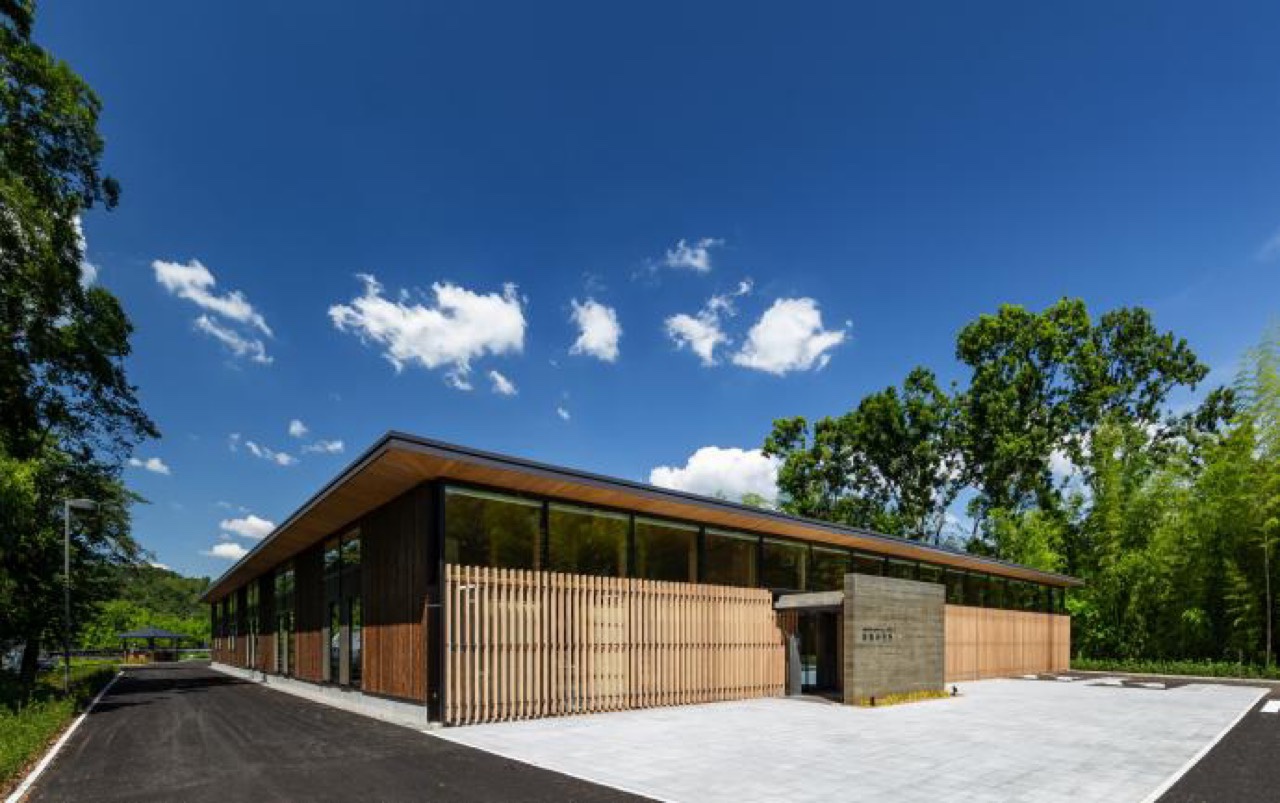
The building was renovated very beautifully!
After that, we formed an agricultural cooperative corporation with local tea farmers and friends, for about 10 years, before we became our own independent tea company, Kyoto Obubu Tea Farms.
In order to make the tea that you love and to make the tea your customers or friends cannot get enough of.
We are always improving our tea-making technology and have repeated trial and error for that purpose.
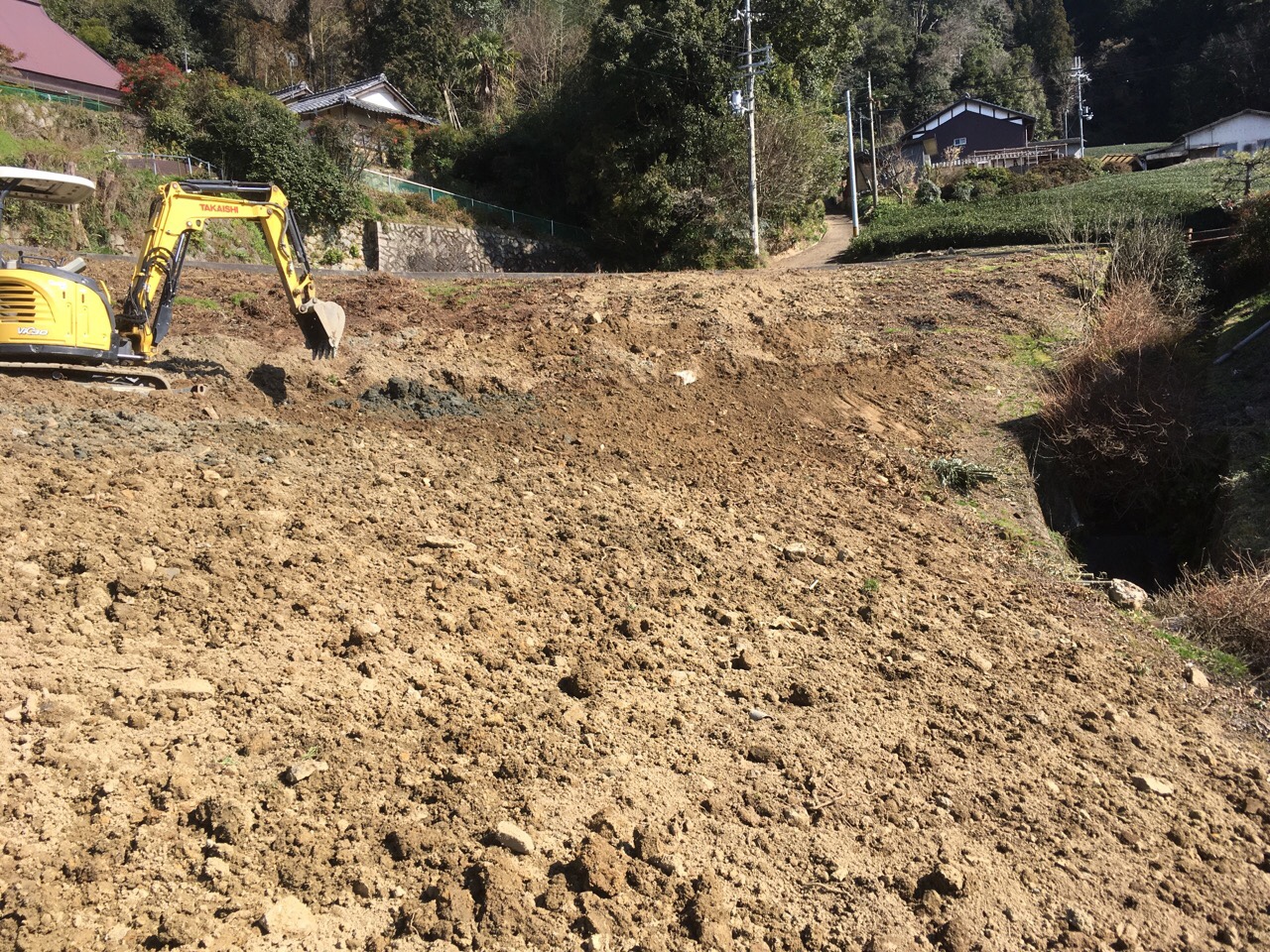
In the winter, we prepared one of our tea fields to plant new seedlings.
Since agriculture eternal partner is mother nature, we do not have the same natural environment year by year and we work with nature in its differences every year. In order to make the ideal tea, we interact with the tea plant almost every day to make sure we are able to make the most delicious tea.
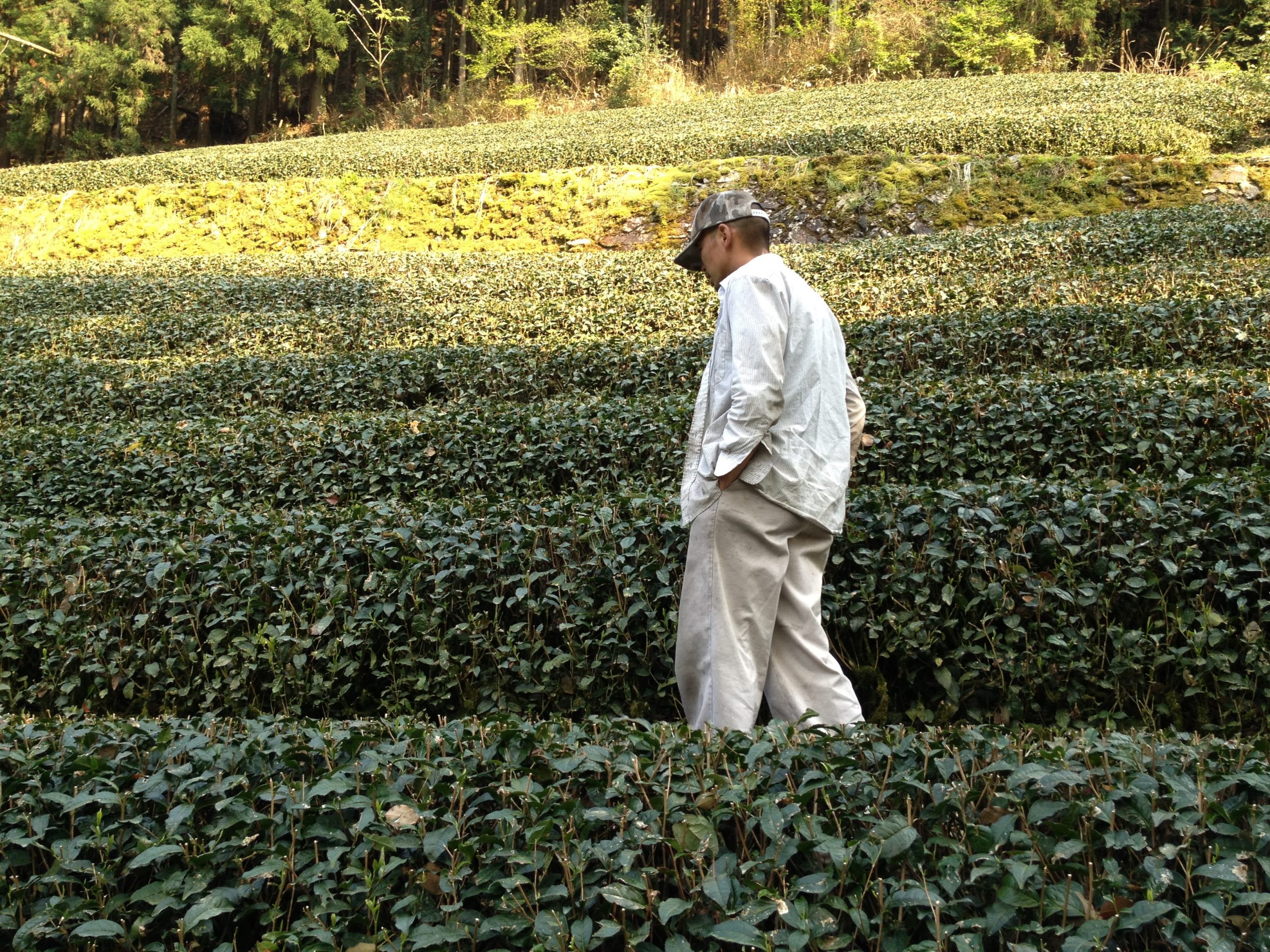
On the day of harvest, we go to the tea plantation before dawn to review the situation of all the tea plantations we manage, and we decide the weather and the growth situation of the shoots to harvest and make tea on that day.
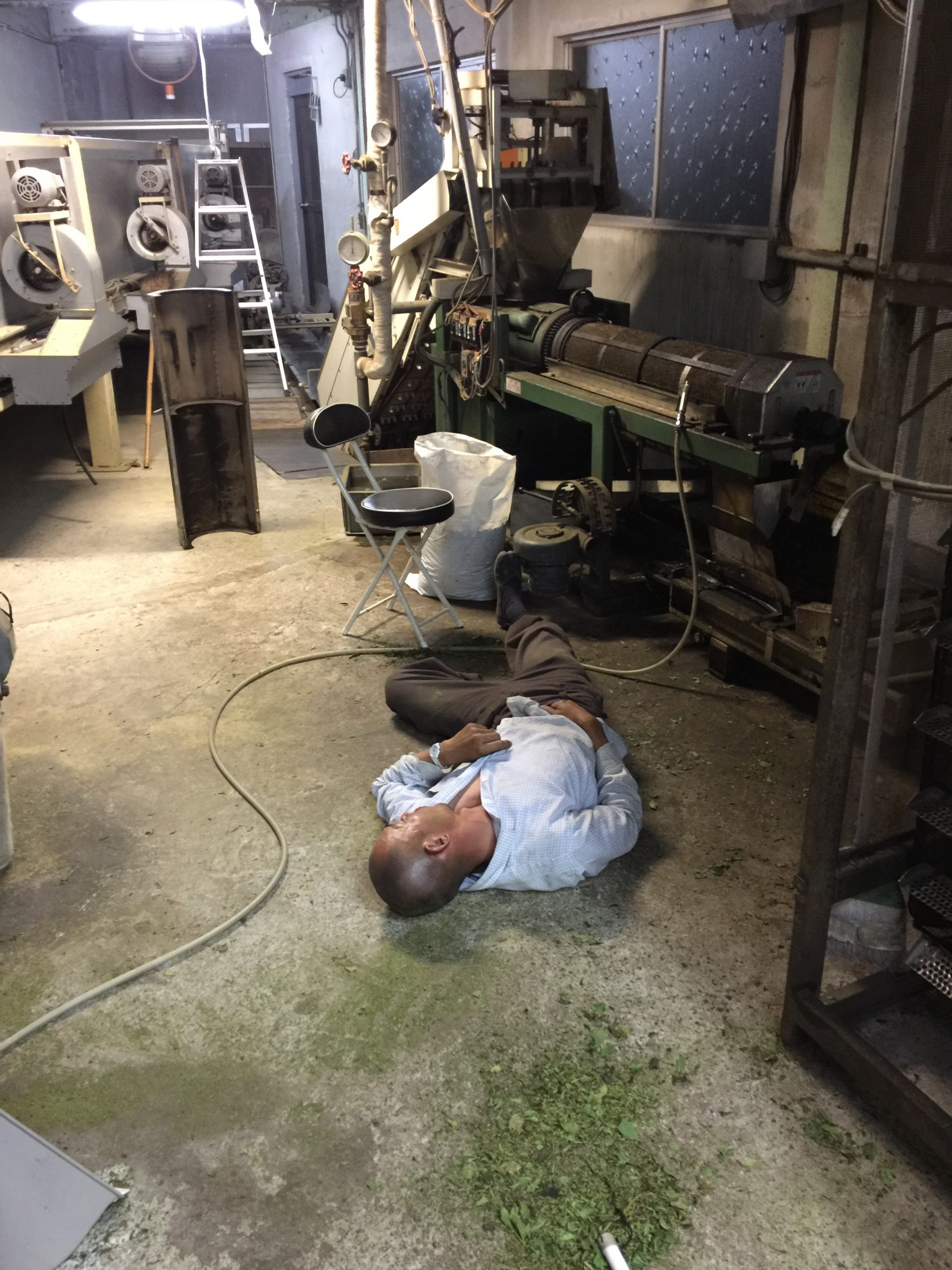
Akky exhausts himself several periods a year, with his day consisting of very little sleep, harvesting in the tea gardens and processing the tea the same with beginning all again at dawn the next day.
If we can shift the timing of important harvest and important tea making, we may be able to reduce the burden while sticking to the commitment of tea farmers (responsibly taking care of their tea from cultivation to tea making). One such solution we have thought about is the frozen tea factory!
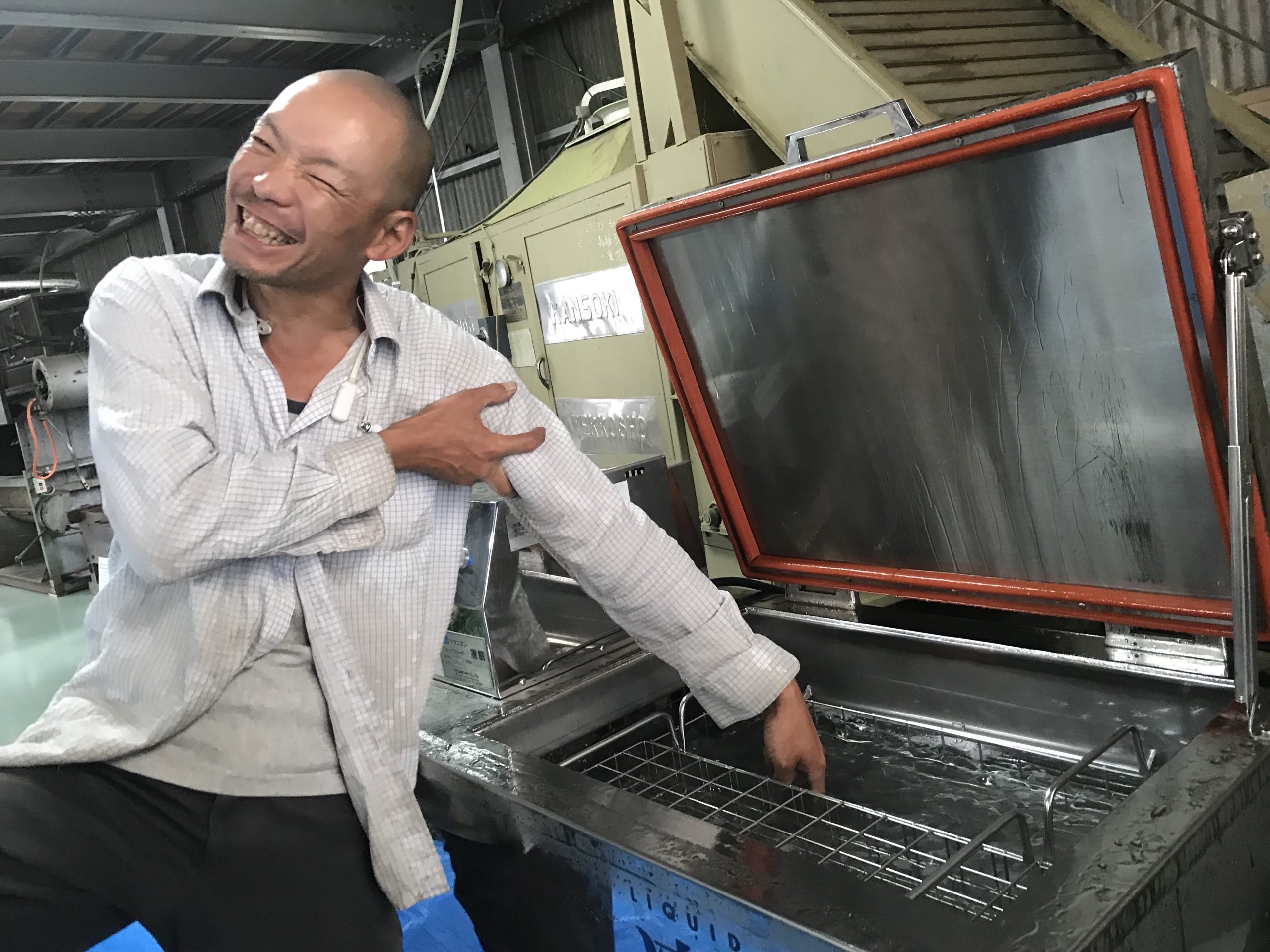
-30°C!
Can you bring innovation to Japanese tea? What is sustainable agriculture? We are constantly trying to make sure we are able to make the Japanese Tea World better for tomorrow!
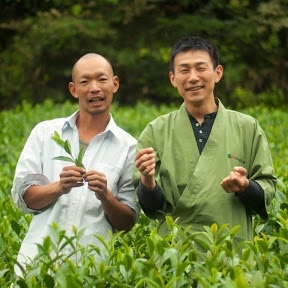
Originally Kyoto Obubu Tea Farms was a company with only two staff members, but now thanks to everyone, the staff has increased, and the staff can make tea such as spring harvest bancha and autumn bancha. Therefore, we are looking for ways of sustainable management and agriculture to improve the efficiency.
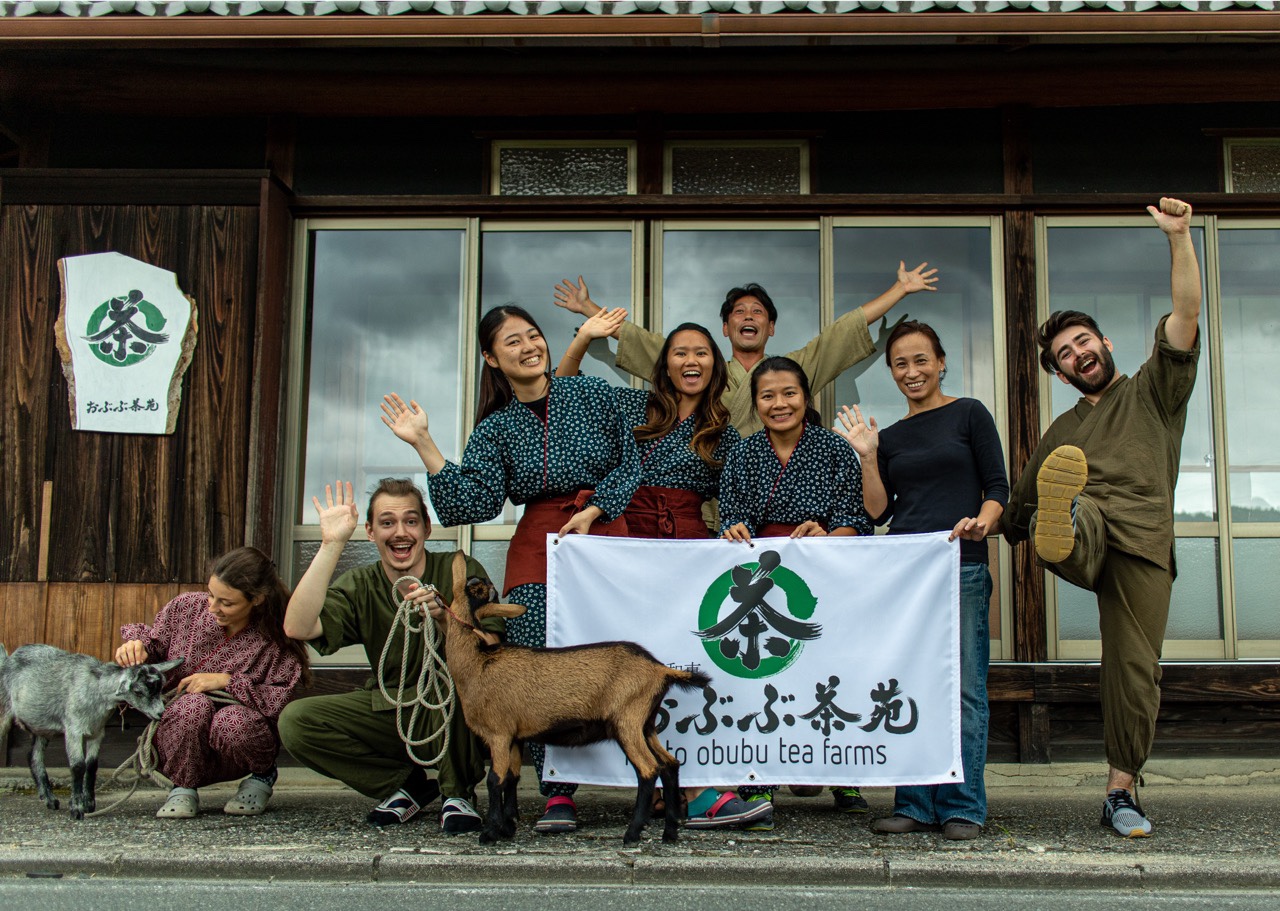
Since July 2020, a local tea farmer has been unable to manage a tea plantation with shelf style shading, so we will take on the challenge of “Gyokuro without using pesticides and fertilizers” as a new initiative.
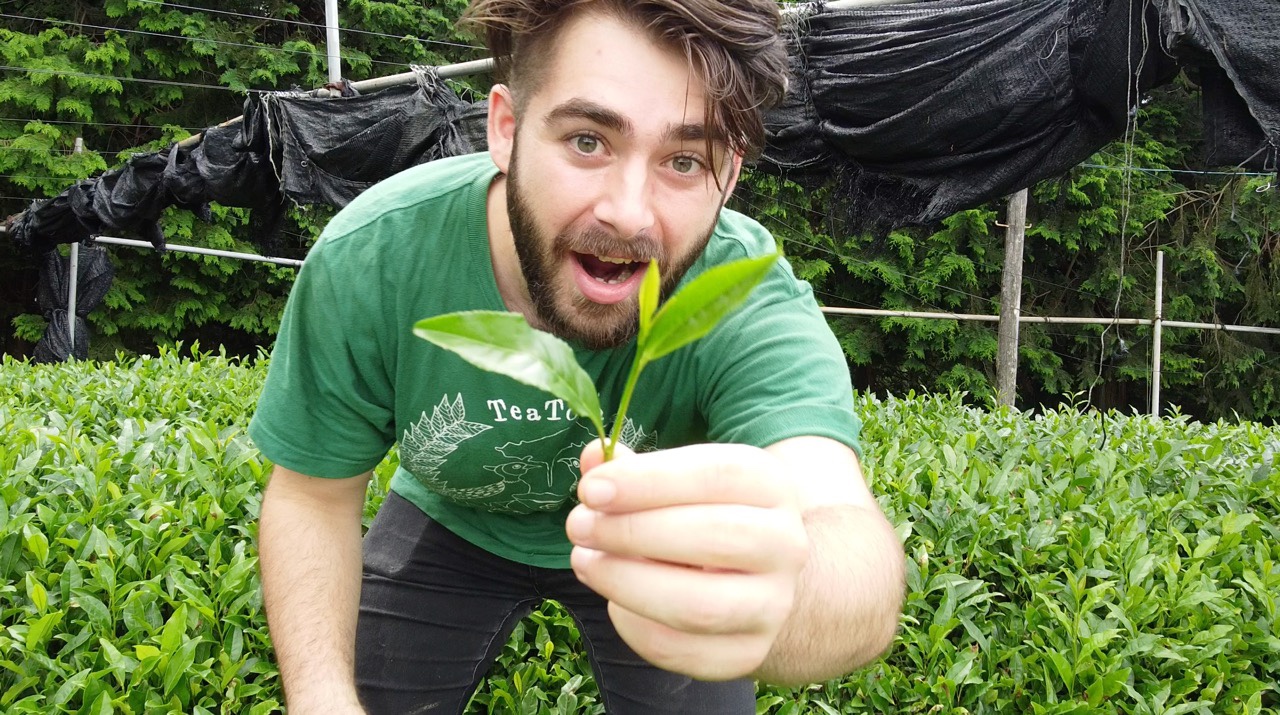
At present, more than half of the Obubu’s tea is delivered overseas.
We produce and deliver tea with a fresh and refreshing fragrance, umami, and beautiful green (depending on the tea type!).
However, exports to foreign countries have different rules and standards from Japan, so if we use materials such as some pesticides approved in Japan, we cannot deliver them to the world.
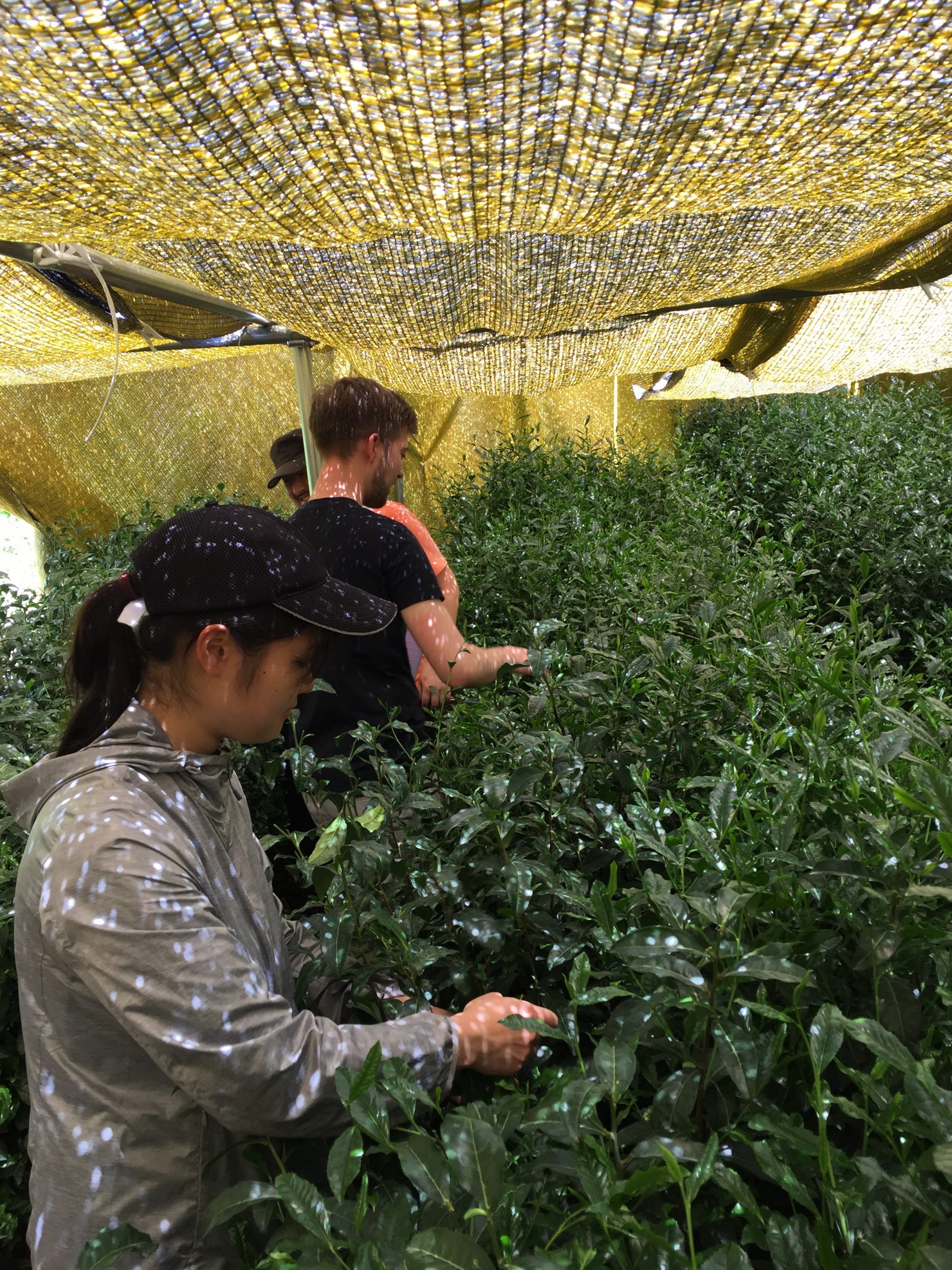
From the beginning of Obubu’s independence, by first considering quality, safety and impact on the environment, by working on tea cultivation, we have made tea of the standard that can be delivered to the world and use the minimum amount of pesticide necessary to maintain quality.
Back to Gyokuro
Gyokuro is rich and has a lot of umami (theanine), and it is characterised by the delicious shaded aroma (dimethyl sulfide).
However, we at Kyoto Obubu Tea Farms have the opportunity to meet many overseas tea lovers through tea tours, and among them, there are many people who like tea but are not the biggest fans of umami.
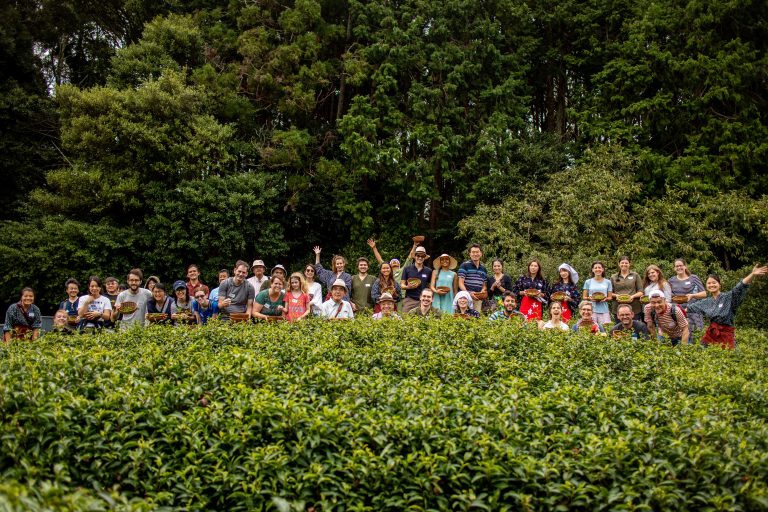
More than 10,000 tea lovers have visited our tea gardens.
Of course, there are many people who like the authentic taste of gyokuro. And in order to increase its umami, fertilizer (mainly nitrogen component) is necessary, and I think that the leaves, now with a lot of umami, are very delicious for insects and it is easy for pests to damage the leaves and makes it difficult to maintain quality and as such, minimal amounts of pesticides are used.
Gyokuro, which is currently delivered at Obubu Tea Farms, uses a minimum amount of pesticides, especially during Summer to Autumn when it is not harvested, to ensure we can maintain quality centred around umami.
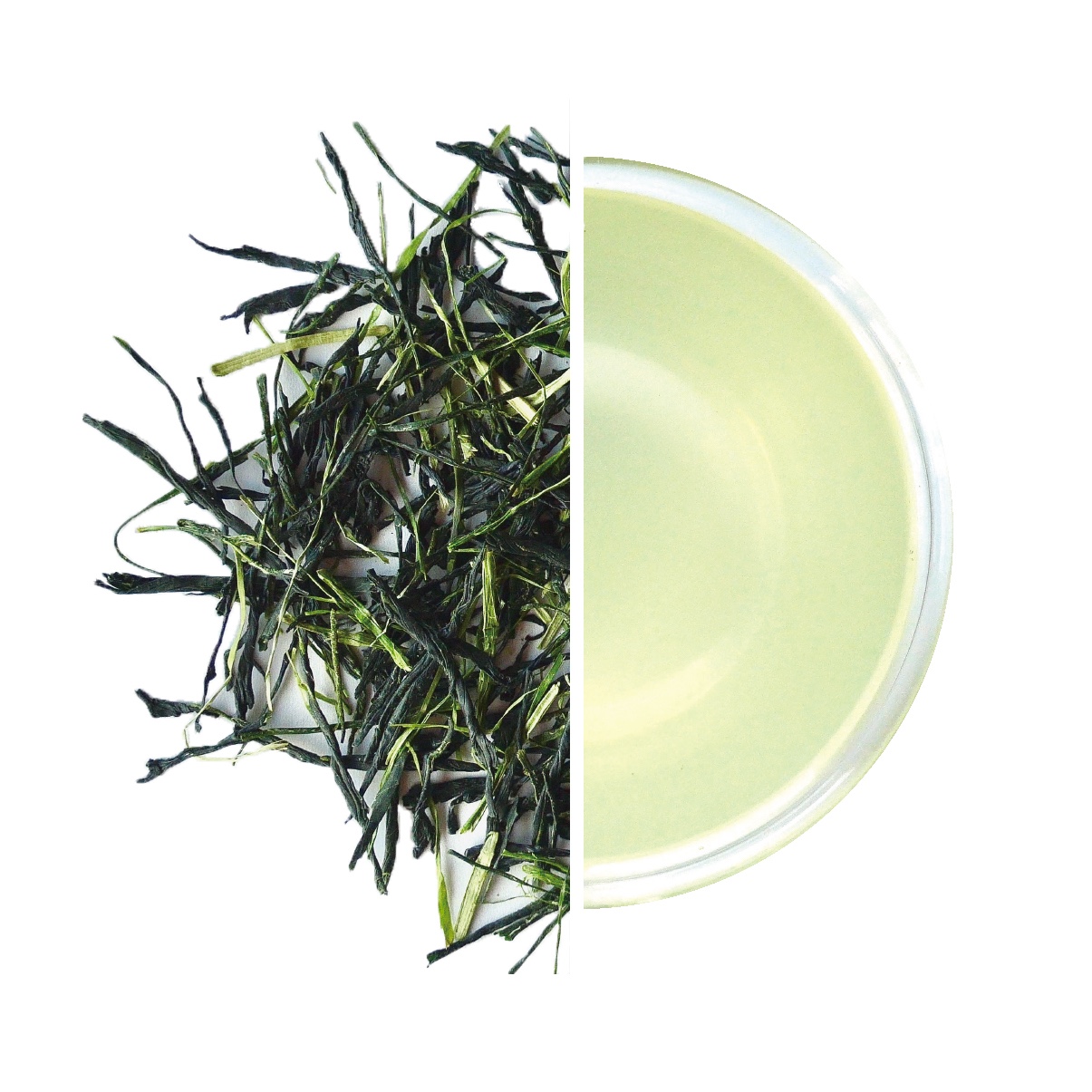
We excited to announce we are launching a new project, “Gyokuro without fertiliser” and fertiliser-free is as crazy as the umami of Gyokuro.
As a producer of Japanese tea, we always aim to bring the most delicious Japanese tea to the world whilst practicing a sustainable agricultural model.
We will continue to report the progress of this project, and we are very excited for the future of this project! We are very grateful for your continued support in our missions to maintain the agricultural traditions of Wazuka town!
If you are worried about our Gyokuro disappearing, do not fear! Heavenly drop Gyokuro is still staying with us and can be found here!

